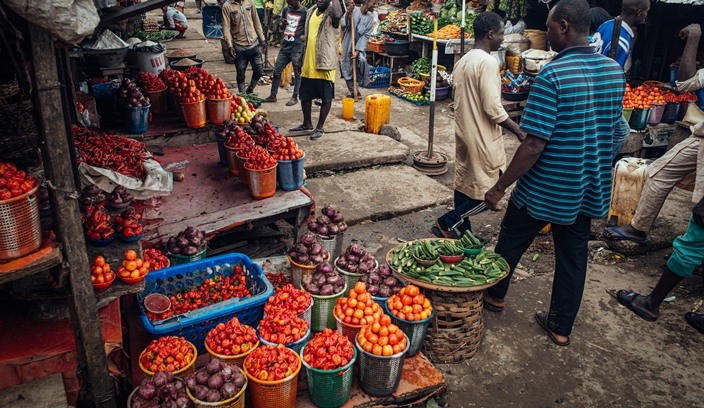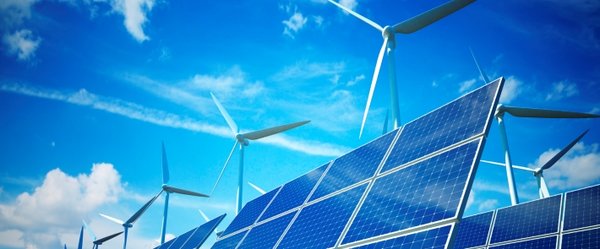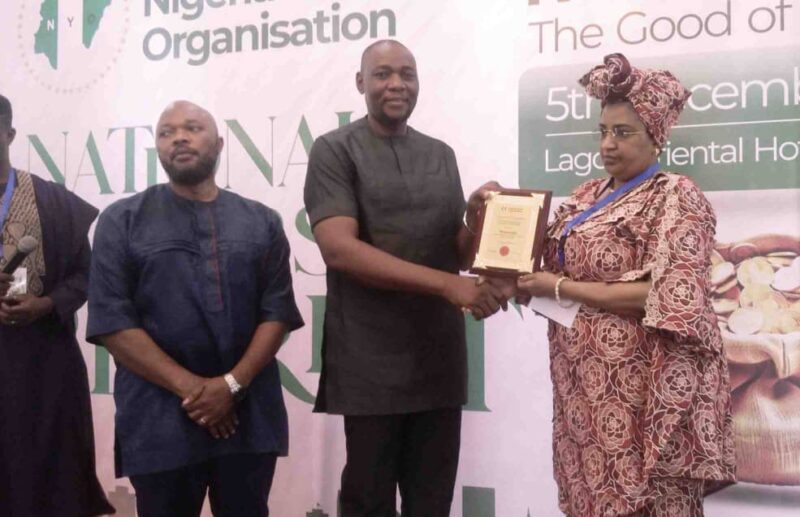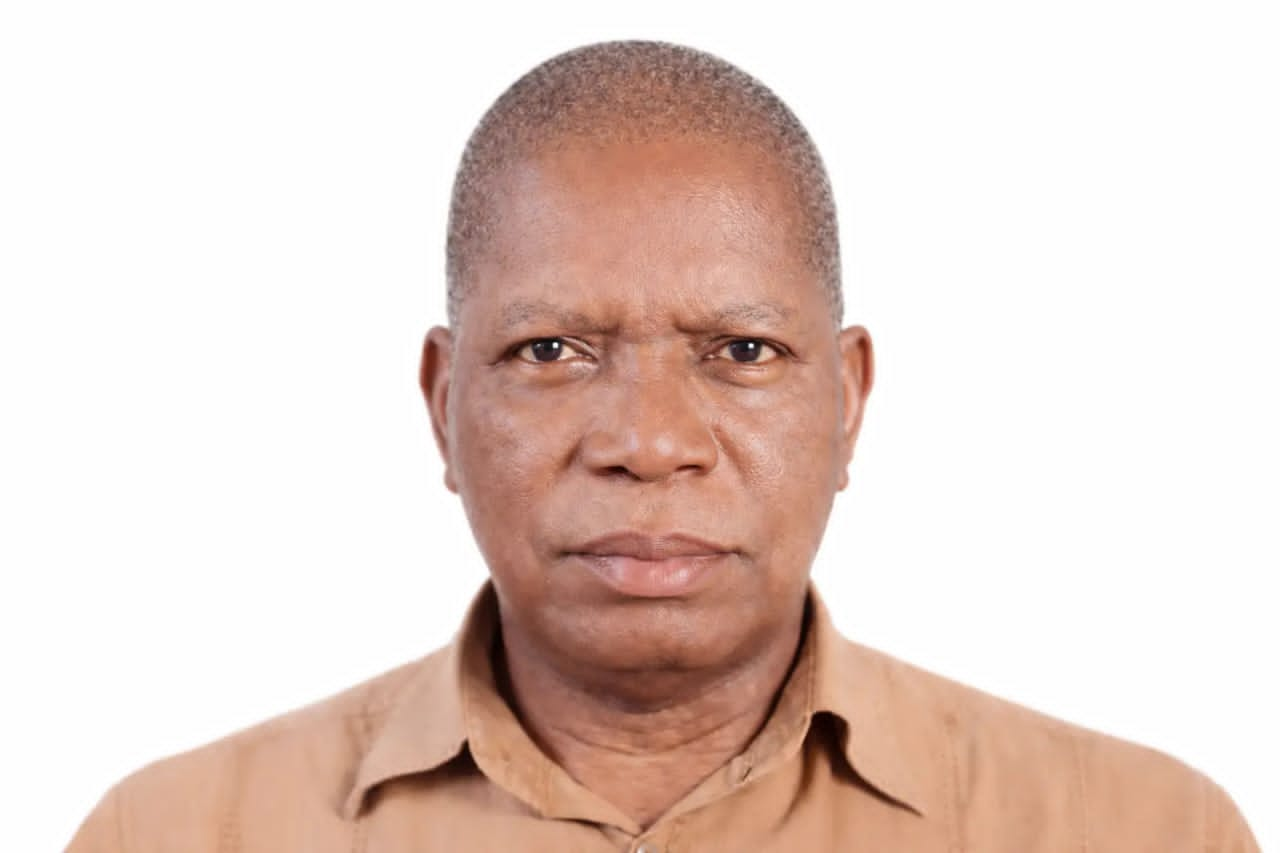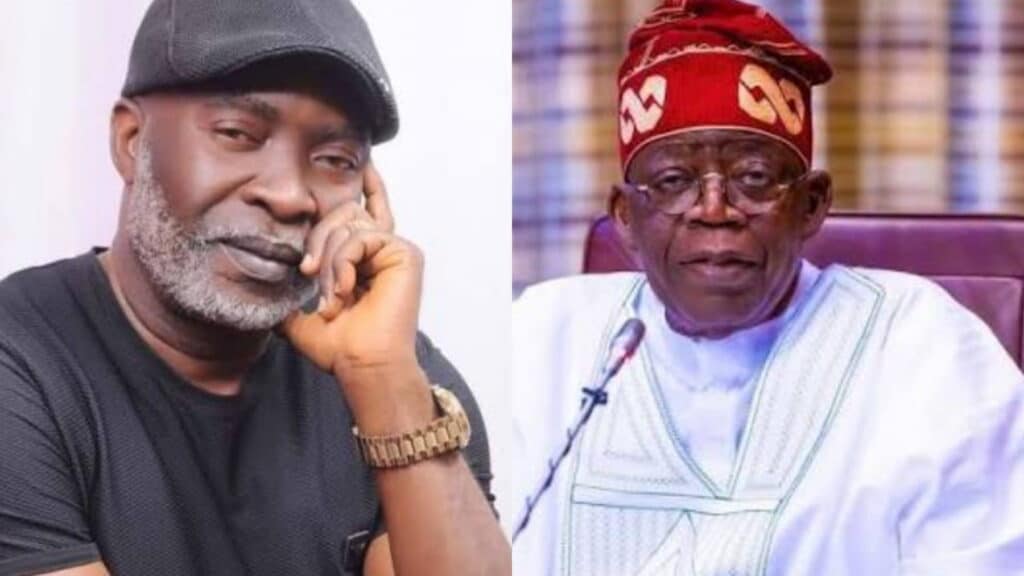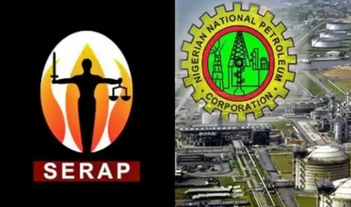The Nigerian government is set to spend N2.4 trillion on electricity subsidies in 2024, with a significant increase expected in December.
[dropcap]T[/dropcap]he Federal Government of Nigeria, through the Nigerian Electricity Regulatory Commission (NERC), has revealed plans to spend approximately N2.4 trillion on electricity subsidies before the end of 2024.
Dr. Yusuf Ali, NERC’s Commissioner for Planning, Research, and Strategy, disclosed this during the PwC Annual Power and Utilities Roundtable in Lagos on Thursday.
Also read: Nigeria to launch local electric vehicle manufacturing in partnership with Moroccan firm
Ali explained that the subsidy amount fluctuates based on foreign exchange issues and tariff adjustments.As of November 2024, the subsidy stood at N1.9 trillion, but with current trends, the monthly subsidy for electricity is expected to reach N260 billion in December.
Ali noted that this N2.4 trillion estimate is subject to change depending on the monthly cost-benefit tariff, which is calculated by the difference between the cost-reflective tariff and the approved tariff.
By year-end, the government is set to finalise the total subsidy expenditure based on actual consumption and tariff patterns, he added.
Adebayo Adelabu, Nigeria’s Minister of Power, represented by Adedayo Olowoniyi, the Chief Technical Adviser to the Minister, also highlighted efforts to address the sector’s challenges.
The Ministry of Power, in collaboration with PricewaterhouseCoopers (PwC), has drafted the Integrated National Electricity Policy to tackle key issues in the power sector.
Adelabu pointed out the necessity of adopting cost-reflective tariffs, which he said would encourage vital investments and ensure the long-term sustainability of the electricity sector.
He acknowledged the reluctance to implement these tariffs but stressed that they were critical for achieving 24-hour electricity and universal access.
The Minister also outlined ongoing issues in the sector, including vandalism, ageing infrastructure, and operational inefficiencies, which have hindered progress.
He cited the Transmission Company of Nigeria’s (TCN) expenditure of nearly N10 billion over six months to repair damaged transmission towers.
Despite these challenges, Adelabu noted significant progress in infrastructure development, such as the construction of substations and the upgrading of transmission and distribution networks.
The government’s Renewed Hope Agenda and the Presidential Power Initiative with Siemens are part of efforts to transform the sector.
Adelabu concluded that collective responsibility and bold ideas are needed from all stakeholders to achieve a sustainable energy future for Nigeria, highlighting PwC’s crucial role in drafting the Integrated National Electricity Policy.
Source: Read more at iretura.com








